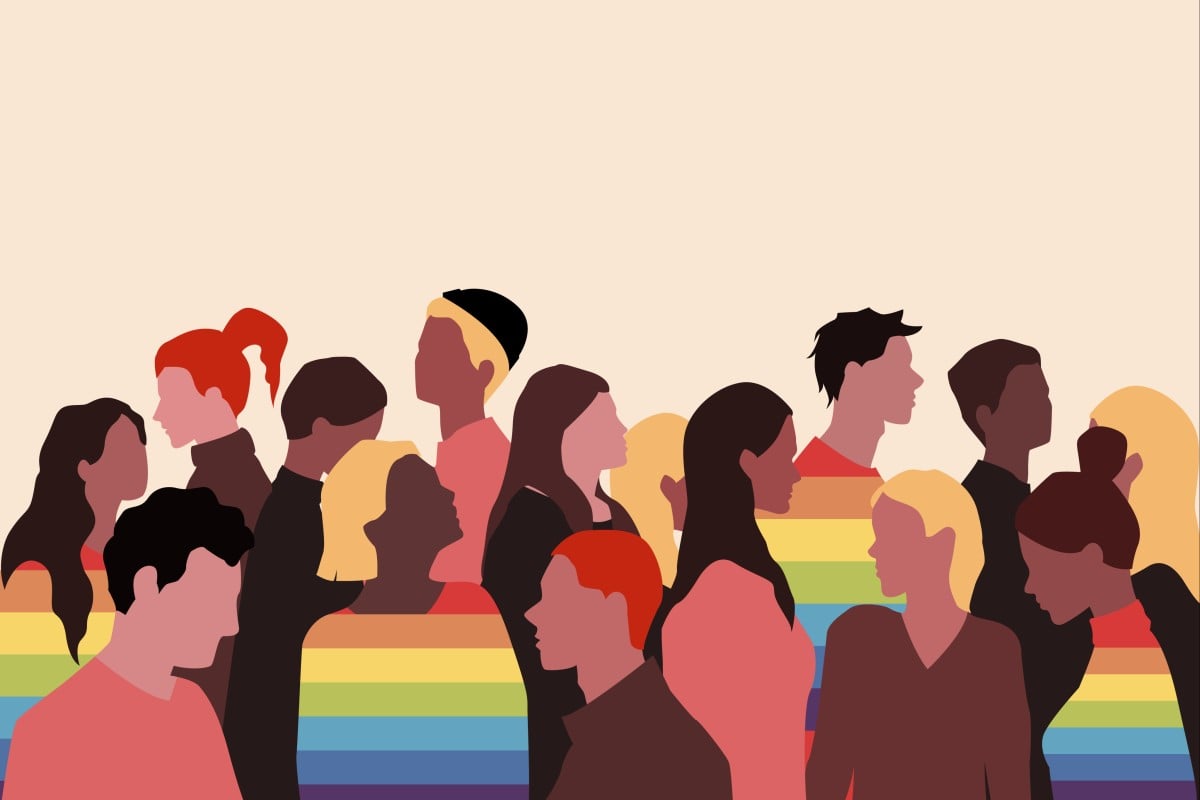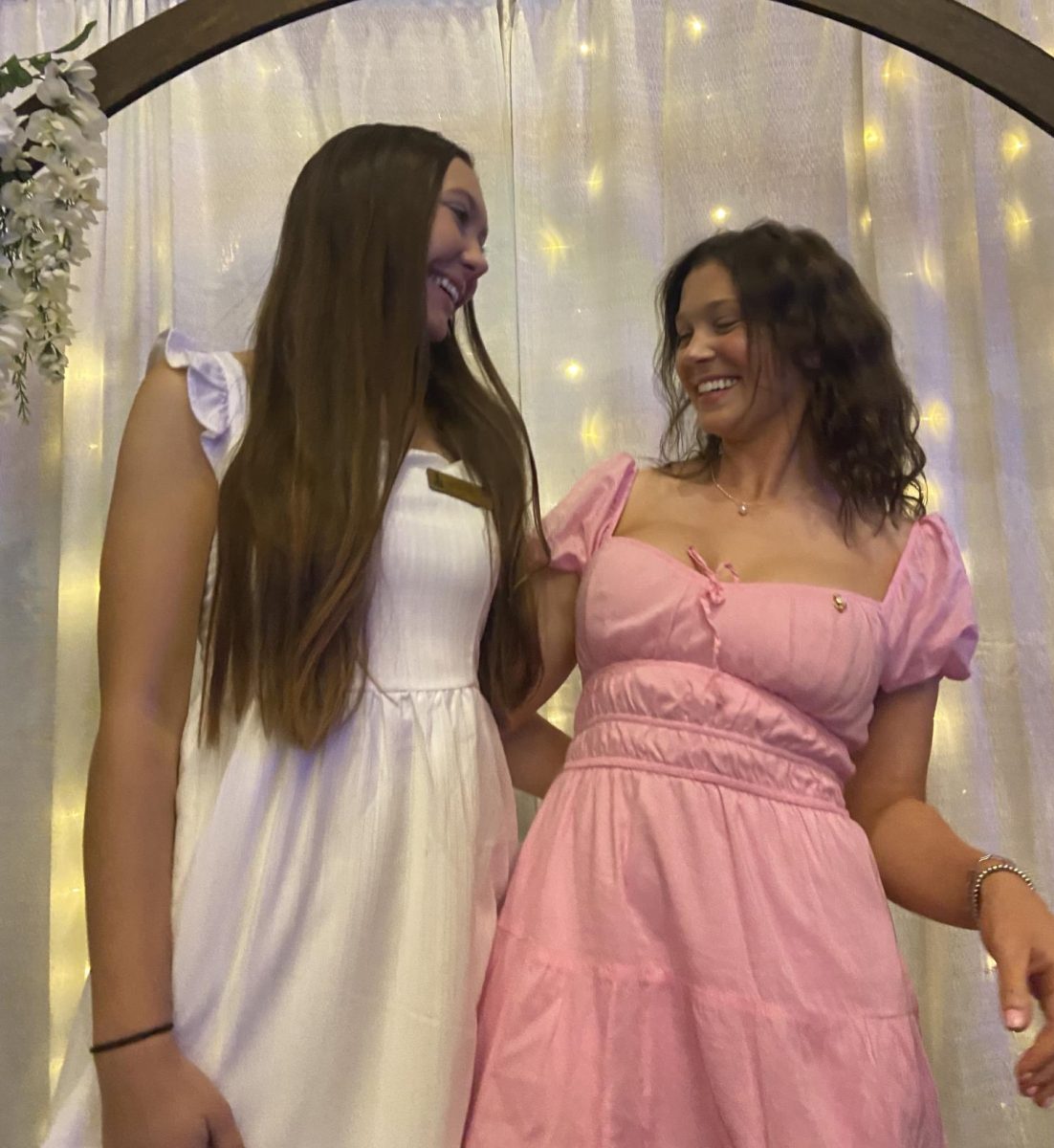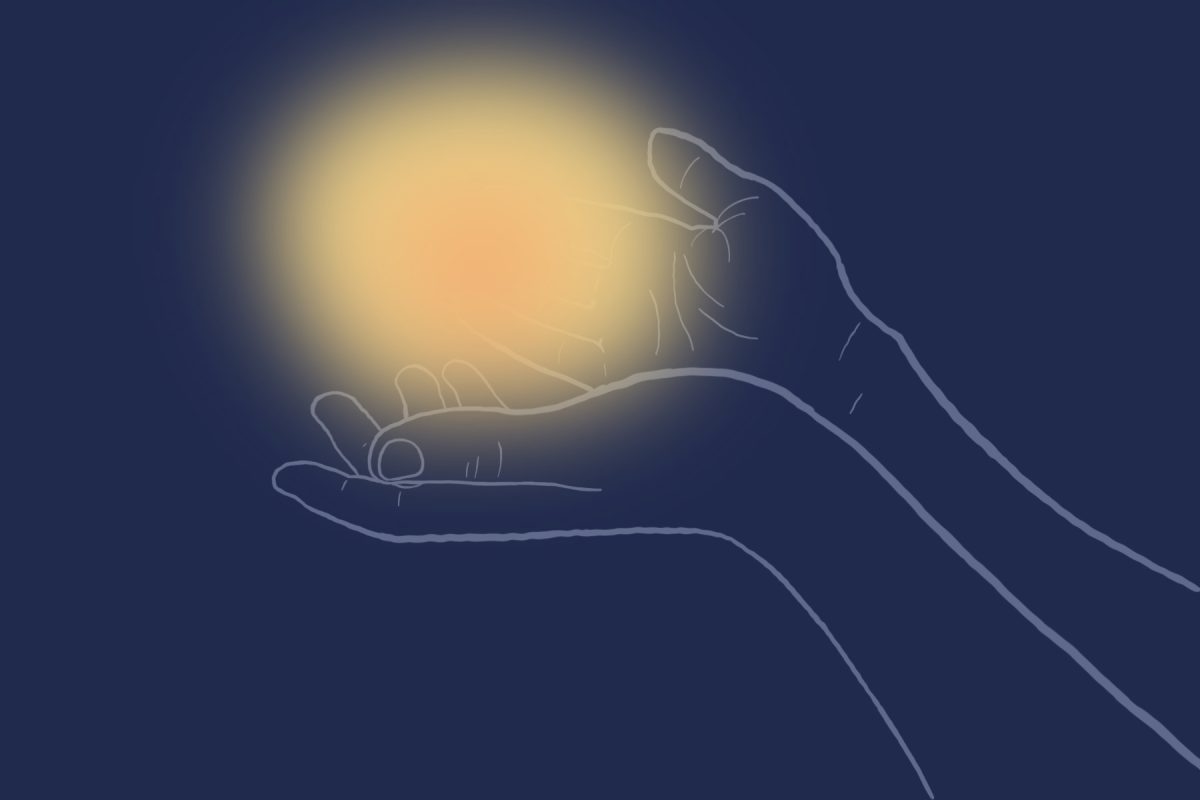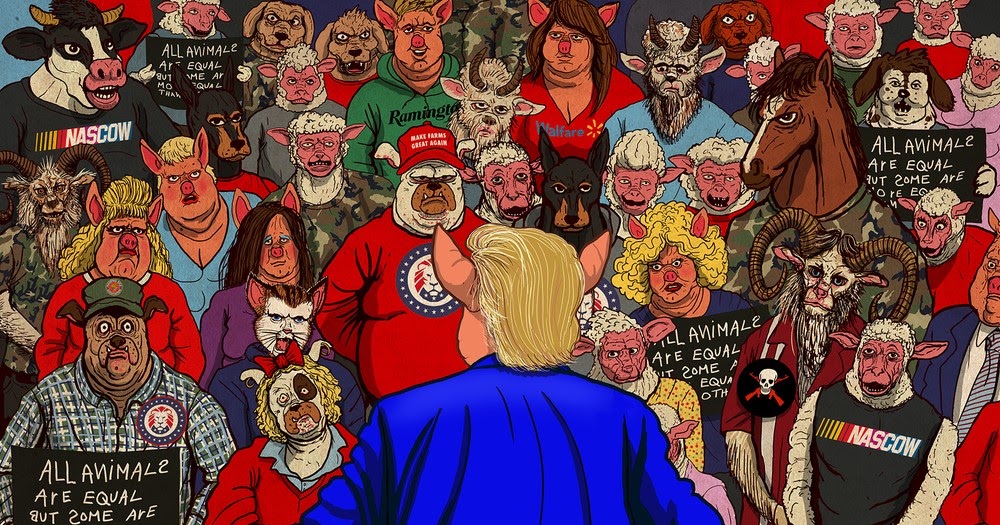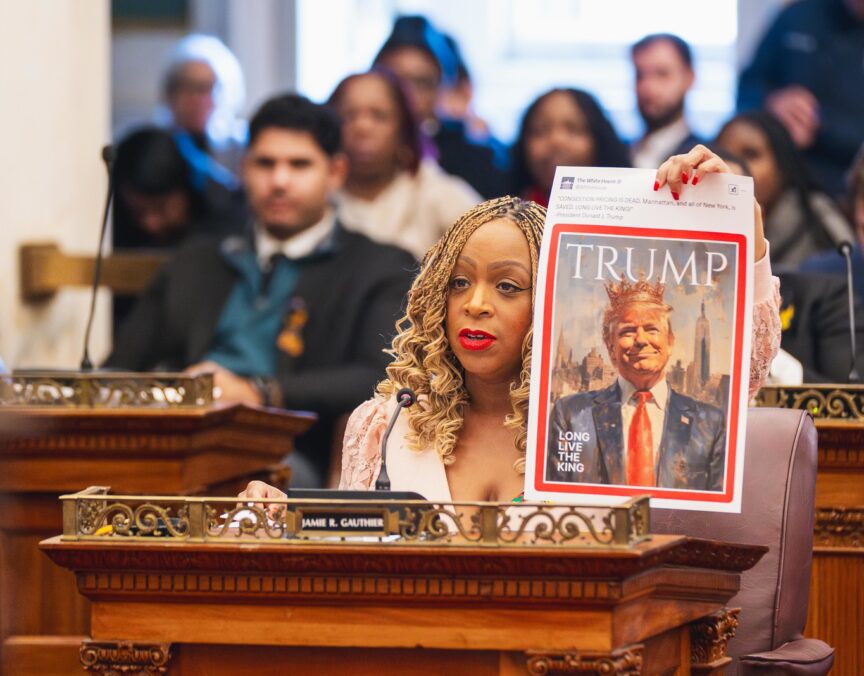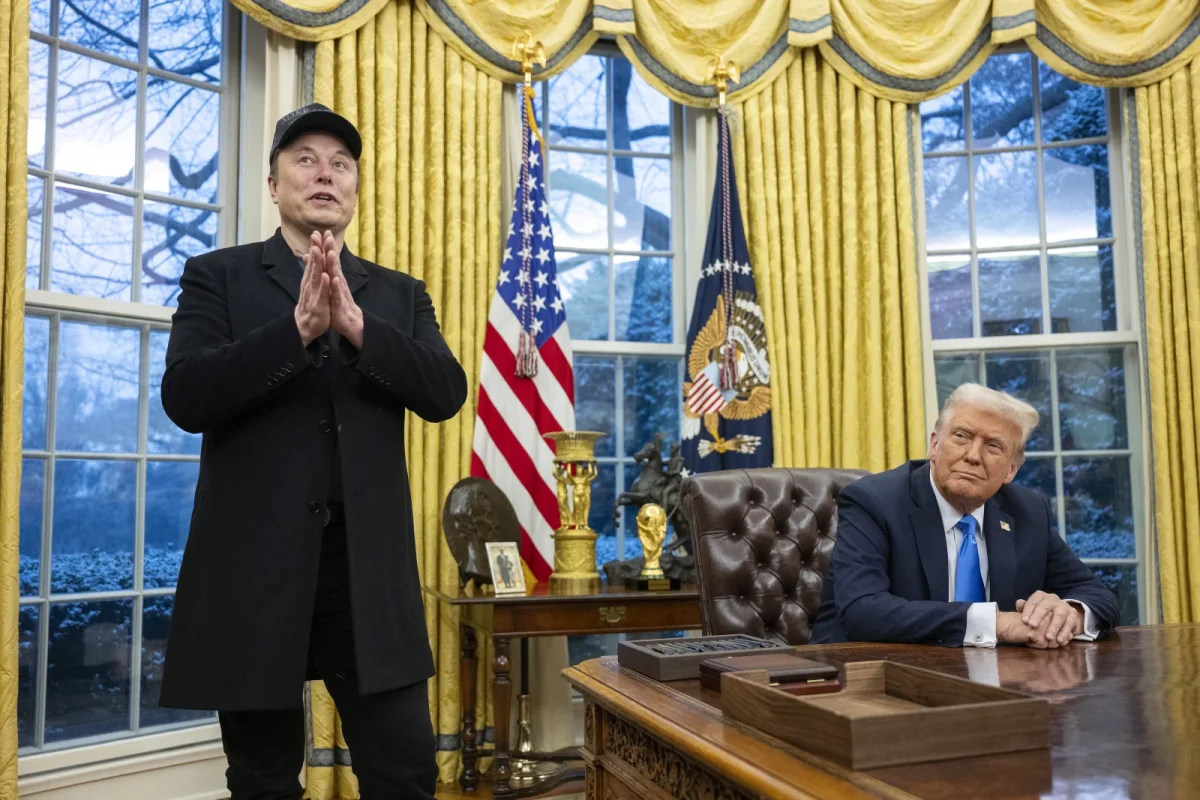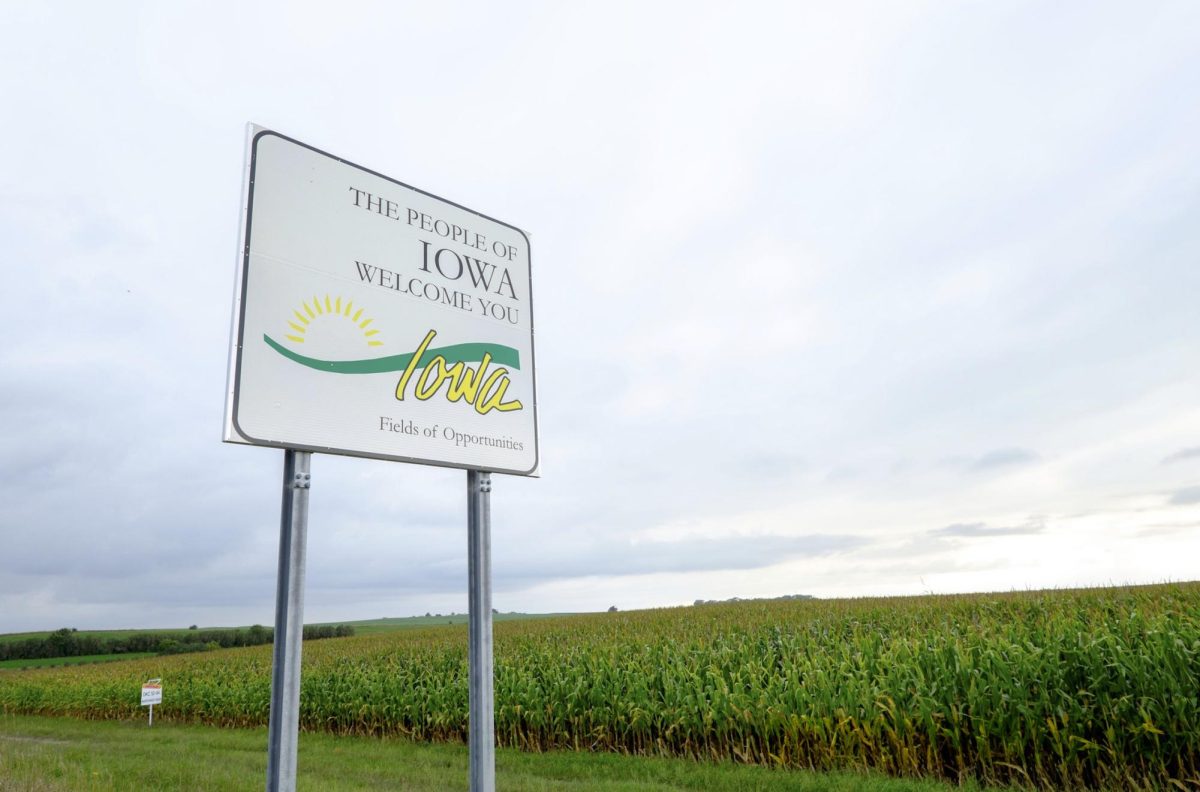There is a risk for us, as pre-health students, to complete our undergraduate degrees in St. Louis without learning what the community right outside our University has to teach us. This city is racially polarized. Regions to the north of St. Louis bear a disproportionate burden of the city’s disease. African Americans living in St. Louis are expected to live, on average, six years fewer than Caucasians.
On Jan. 23, 250 students and Saint Louis University faculty attended a panel discussion on health inequity in St. Louis hosted by SLU’s chapter of Alpha Epsilon Delta, the National Health Pre-professional Honors Society.
The World Health Organization defines a health inequity as “an avoidable, unjust difference in the presence of disease, health outcomes, quality of health care and access to health care services—that exists across racial and ethnic groups.”
The panel included four health professionals who care for communities most vulnerable to health inequities in St. Louis.
Fred Rottnek, a family physician and medical director of the Area Health Education Center urged students to consider barriers to patient care as well as patient attitudes toward treatment.
“[We] need to understand patients have competing priorities,” Rottnek said. “People will do what they feel is the best option for their lives rather than what a doctor dictates to them is the best choice for their health.”
Our role as students is to make the information that we absorb our own by asking questions relevant to our community.
How is it possible that the infant mortality and diabetes mortality rates for African Americans living in St. Louis are more than twice the rates for Caucasians? More importantly, how can we as students change these statistics?
Physician Michael Railey shared his experience growing up in a poor-school district in St. Louis. He challenged students to think past pre-conceived notions about vulnerable populations.
When we see cycles of drug addiction and crime, we tend to ask, “Why won’t people just stop?”
According to Railey, many barriers to care persist because we do not ask questions from a place of understanding.
He explained that a poor neighborhood, underfunded school system and a broken home create a “crises atmosphere.” When “there are no corrective factors, people become hopeless and do whatever feels good at the moment,” Railey said.
Rather than condemning people for not making the choices our circumstances make simple for us, our task is to recognize injustice and act to promote equity in our communities.
Rae Rohlfsen, a second-year SLU medical student, shared her personal experiences working to promote health equity. Rohlfsen helped run the Health Resource Center, a clinic that meets health needs of the largely uninsured population of north St. Louis with the goal of connecting patients to resources, insurance, employment and primary care providers.
Rottnek summarized the complexity of addressing health inequity.
“The medical care is usually the easy part,” Rottnek said. “Understanding the social determinants of health, and advocating for improvement when possible, is the challenge.”
Rottnek and Rohlfsen teach that us the most vital skill for being successful in a helping profession is one that we can learn as undergraduates—the ability to approach every human encounter through a lens of understanding compassion. Why postpone the human aspect of our medical education?
If we spend more than eight years learning answers to patient problems but never learn to apply those answers in a way that will help those who need them most, all our synthesis and memorization will have been for nothing. If we can learn what it is to grow up without easy access to a park, grocery store, or health clinic, we will understand what it is to be a victim of health inequity.
If we pour energy into the community around us, we learn how to work with our patients in the future to overcome barriers that would hinder their health.
Sara Rendell is a senior in the College of Arts and Sciences.






